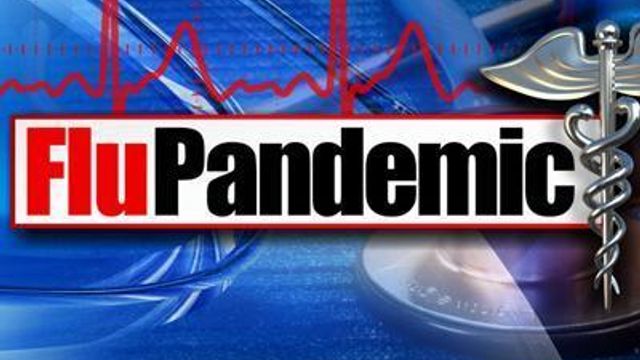Flu fears prompt change in state rules
The double threat of seasonal and H1N1 strains of the flu has prompted the state of North Carolina to make preventative vaccines easier to get.
Posted — UpdatedThe double threat of seasonal and H1N1 strains of the flu has prompted a change to how the state of North Carolina administers the preventative vaccine.
In the past, parents of children under 18 could not take advantage of flu shot clinics offered by pharmacies.
A spokeswoman for the state Medical Board said the age restriction was an attempt to encourage children to get their vaccines from a local health department or their primary care physician, who would have records of what other shots they've received.
Starting Oct. 9, the state is easing that restriction, allowing pharmacists to administer flu shots to anyone 14 or older.
The North Carolina Board of Pharmacy announced the rule change Thursday in response to the increased threat and awareness of the flu this season.
“Pediatric patients are among the members of the North Carolina public most susceptible to particularly serious complications from novel H1N1 infection,” a statement on the board’s Web site says. The state Division of Public Health “intends to enlist the aid of pharmacist vaccinators across the state to meet this serious, urgent need,” the statement concluded.
Remash Bookahalli recounts the hassle of getting flu shots for her family. “We inquired around,” she said. “It was hard to get someone who was giving a flu shot to the children who are 2 and younger or 4 and younger.”
The change in the rule won’t help parents of small children, many of whom lined up Thursday on the first day flu vaccinations were offered by the Wake County Health Department.
Ann Baker, director of the Public Health Center on Sunnybrook Road in Raleigh, noted that children between the ages of 6 months and 18 years can get their flu shot for free from the county.
“We are happy that we were able to find somebody who was able to give a flu shot to the kids,” Bookahalli said.
Although the vaccinations being offered will not protect against the H1N1 strain of the flu, Peter J. Morris, medical director of Wake County Human Services, advised that high-risk groups, including children and parents, get both vaccines.
The first round of H1N1 vaccine is expected to arrive in the state around the middle of October, first in a nasal spray. Distribution of shots will follow, according to the U.S. Centers for Disease Control and Prevention.
Federal guidelines call for the new vaccine to be given first to pregnant women, those who live with or care for children 6 months or younger, health care workers, people aged 6 months through 24 years and people with chronic health problems or compromised immune systems.
Morris said the best way to avoid the flu is by practicing common sense – washing hands often with soap and water and covering noses and mouths when sneezing or coughing.
• Credits
Copyright 2024 by Capitol Broadcasting Company. All rights reserved. This material may not be published, broadcast, rewritten or redistributed.






